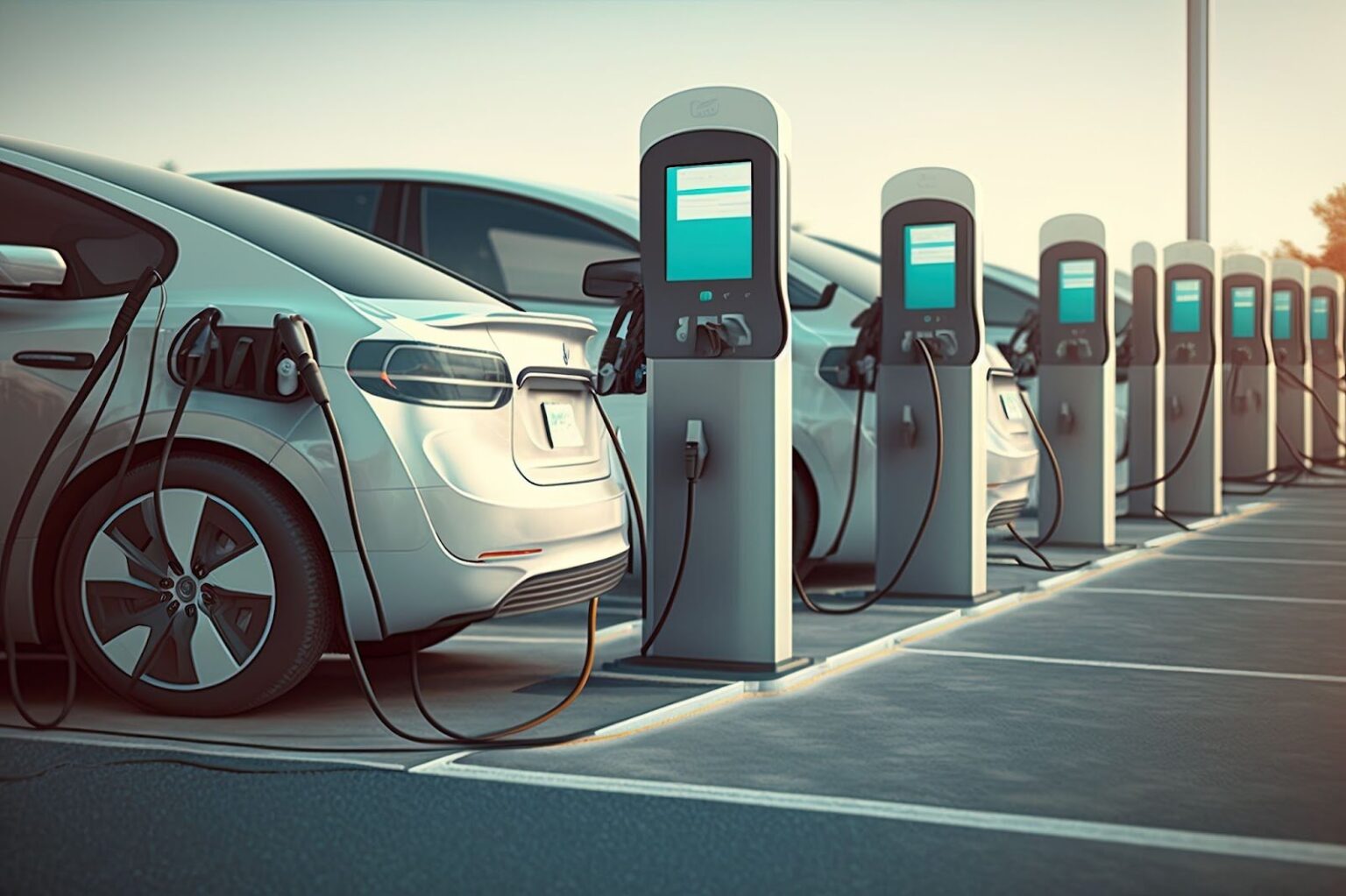In Short : Furthermore, the Climate Authority is advocating for the installation of home chargers to facilitate the widespread use of EVs. Home chargers would allow EV owners to conveniently and easily charge their vehicles overnight, minimizing reliance on public charging infrastructure.
In Detail : The Climate Change Authority has called for a rapid and significant boost for the switch to electric vehicles as part of its annual progress report, which also calls for emissions from new cars to be phased down before 2040, effectively implementing a ban on new fossil fuel cars by that date.
The CCA is also calling for a wholesale review of support mechanisms for EVs, including rebates, including home chargers in the solar support scheme, and ensuring that real time information is available on the availability of public charging infrastructure.
The report, which finds that Australia is not on track to meet its 2030 emissions targets (a 43 per cent cut from 2005 levels), says road transport plays a significant role, with 21 per cent of emissions and half of these from passenger cars. And they are growing because of the increased size of cars and utes.
And, it notes, Australia is well behind the United States, Europe and many other countries when it comes to regulating the greenhouse gas emissions from passenger motor vehicles.
“Battery-powered electric vehicles provide the ready solution for addressing emissions from Australia’s passenger motor vehicle fleet,” it says.
“Based on the projected emissions intensity of the electricity grid in 2030, the authority estimates that for every 5% greater share of electric vehicles, emissions are reduced by around 2.5 to 2.6 million tonnes of CO2-e.”
Nine of the 42 recommendations put forward by the CCA relate to road transport, with the biggest being the push for a fuel efficiency standard as soon as possible, effective incentives for electric vehicle uptake, more charging infrastructure, and more support for private electric vehicle charger installations and vehicle to grid capacity.
The group also recommended looking into a fuel efficiency standard for heavy vehicles, adding that more needs to be done to assess regulation that could be stopping uptake of zero emissions trucks.
“Accelerating the uptake of electric vehicles is crucial because of the time it takes for the vehicle fleet to turnover – people typically own their cars for up to 15 years. Fuel combustion engine vehicles purchased today will still be on the roads as we near 2040,” the CCA says.
The headline recommendation is to introduce a fuel efficiency standard for new light vehicles, and dial it down to zero emissions no later than 2040.
The federal government has promised a fuel efficiency standard – Australia is one of only two developed economies (along with Russia) in the world without one, but is yet to reveal how ambitious it will be.
And climate minister Chris Bowen suggested while the proposed standards would be released in coming weeks, an outright ban on fossil fuel cars – as implemented in many European countries – is not on his radar.
“It is not a club we want to be in, Australia and Russia, the only major economies without fuel efficiency standards,” he said in an interview on ABC’s 7.30 Report.
“The United States has had them since the 1970s. And I think our viewers would understand, perhaps, that Australia’s fuel fleet, our car fleet would be less fuel efficient than, say, Europe’s, but it’s also less fuel efficient than the United States. I mean, our cars are 20 per cent less efficient than the big fleet of the United States.”
The other recommendations include a complete a review of policy and regulatory settings for electric vehicles by 2024, including subsidies to purchase electric vehicles, fees and charges to own and drive electric vehicles and taxes and tax concessions, to ensure the encourage electric vehicle uptake.
Many states have had rebates, but Victoria has already brought an end to its rebate scheme and NSW will do so by the end of the year.
The CCA also called for detailed monitoring of the rollout of EV charging infrastructure, and real time information on whether chargers are available.
It also calls for a consistent approach to electric vehicle charging formats, including available plug types, payment systems and applications necessary to find and access chargers.
It also says the Small-scale Renewable Energy Scheme, which currently supports rooftop PV and solar hot water, should be extended beyond 2030 and expanded to include household batteries and private electric vehicle chargers.

